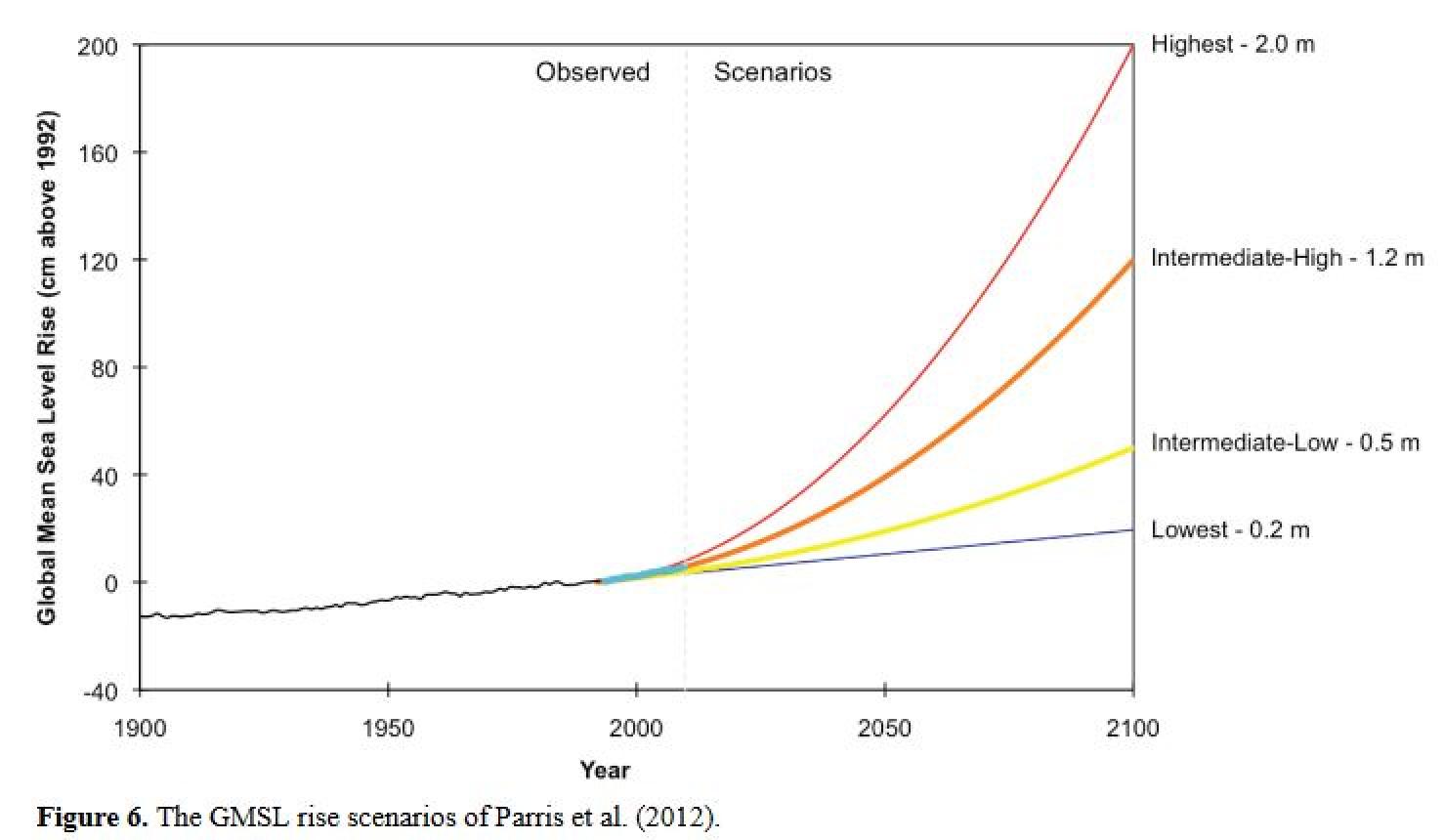6th African Union (AU) – European Union (EU) Agriculture Ministerial Conference – Conclusions from the high-level thematic sessions
Key messages: Session Investment and Financing in Agri-food Value Chain Governments must provide adequate funding and supportive policies to make agri-food investments sustainable and inclusive...
Advancing digital agriculture for climate resilience and economic transformation in Malawi
Malawi, a landlocked country in Southeastern Africa, is vulnerable to the impacts of climate change. Agriculture is the backbone of its economy, supporting more than 80% of the population, contributing 30%...
The Status of Youth in Agrifood Systems
Summary: This report consists of s even chapters, structured into three parts, which examine key dimensions of youth engagement in agrifood systems. Together, they provide...

